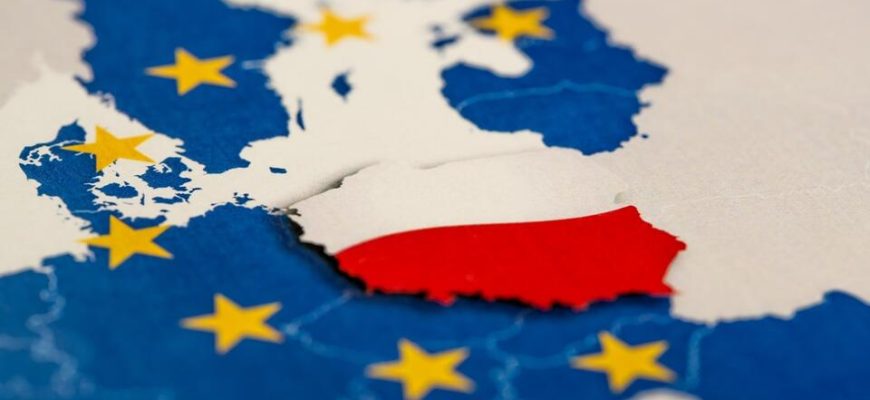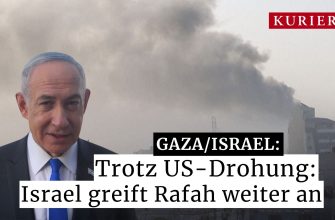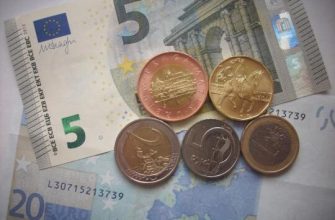The war in Ukraine has broken the Franco-German axis that once defined Europe, and now Britain and Poland are taking over the initiative – writes in the latest issue of the British weekly “The New Statesman” Prof. Maurice Glasman, a political scientist at St Mary’s University in London.
German-Russian interests
As he points out, Russia’s invasion of Ukraine disrupted the existing order in Europe, including within the European Union, which had joint leadership of France and Germany, with France playing a dominant role in military and diplomatic matters, and Germany – economic. He adds that the legal framework was based on the primacy of EU law in the Member States, which led to significant tensions in both the east and west of Europe, manifested on the one hand by the withdrawal of the United Kingdom from the EU, and on the other by the opposition of Poland and Hungary on social issues .
The status quo was based on an agreement on the export of gas (as well as oil and coal) from Russia to Germany, primarily via the Nord Stream gas pipeline. Berlin and Moscow again held the fate of Central Europe in their hands. German economic interests were dominant, partly because the EU had not developed its own unified military strategy. This is what made Ukraine’s status so inflammatory. Its integration with the EU or NATO was not in Germany’s interest. Being the only major industrial economy in the EU that relied on cheap energy imports from Russia, this would undermine their economic interests
Glasman explains.
He points out that the invasion of Ukraine shifted the focus from the economic to the military sphere, where Germany was both weaker and more reluctant, and France shared this reluctance. A military confrontation with Russia would shift power and resources to NATO, leading to a resurgence of US (and UK) influence in Europe.
It was widely assumed in the academic discourse and political elites that Brexit would lead to the marginalization of Great Britain in Europe and the consolidation of the Franco-German axis in the EU. Quite the opposite happened. After the invasion of Ukraine, Great Britain took an unequivocal position of providing military and political support to the beleaguered Ukrainian state. While the US offered President Volodymyr Zelensky asylum, the UK promptly handed over arms and led the Western European political response with an unprecedented series of economic sanctions against Russia. Brexit seemed to have strengthened freedom of action during wartime. At the same time, Poland led the reaction of Eastern Europe. It opened its borders to refugees and handed over weapons. The alliance between Poland and the UK has transformed NATO and the EU
– writes Prof. Glasman.
He adds that this British-Polish coalition was joined by the Baltic states, as well as Finland and Sweden, which abandoned the policy of neutrality, which isolated Germany in Northern Europe. As a result, the United States began supplying Ukraine with more powerful weapons and sharing intelligence. “During the first nine months of the war, President Emmanuel Macron held telephone conversations with Vladimir Putin while Germany was reluctant to provide anything more than helmets.
The Polish government has publicly criticized Germany, going so far as to demand reparations for economic damage from World War II
the author notes.
“France and Germany have lost their advantage”
He explains that it was crucial for Ukraine to emerge as a military actor and that, contrary to fears, it was not crushed by Russia in three days. As he points out, this opened the door for a British-Polish alliance, especially since the two-way dialogue between the two countries was well established, with Britain deepening its military alliance with Ukraine since the Russian conquest of Crimea.
Machiavelli wrote that political leadership is the ability to act in time. Great Britain and Poland did it, France and Germany did not. Their interests and analyzes made it difficult for them to understand and act. This opened up space within NATO for the United States to take a more active role, and for northern European states to join a strengthened military alliance. NATO founding members like Italy have become irrelevant; France and Germany have lost confidence and confidence
Glasman writes.
Lenin once remarked that +there are decades in which nothing happens; and there are weeks that make decades. The invasion of Ukraine by the Russian Federation was one such moment. France and Germany lost their lead, Poland and Great Britain came to the fore, the Baltic and Scandinavian countries joined the new coalition, leaving Germany isolated in northern Europe. The Netherlands also actively supported the British-Polish alliance. The balance of power in Europe shifted east and west against the center. And this process has only just begun
– underlines.
Source








